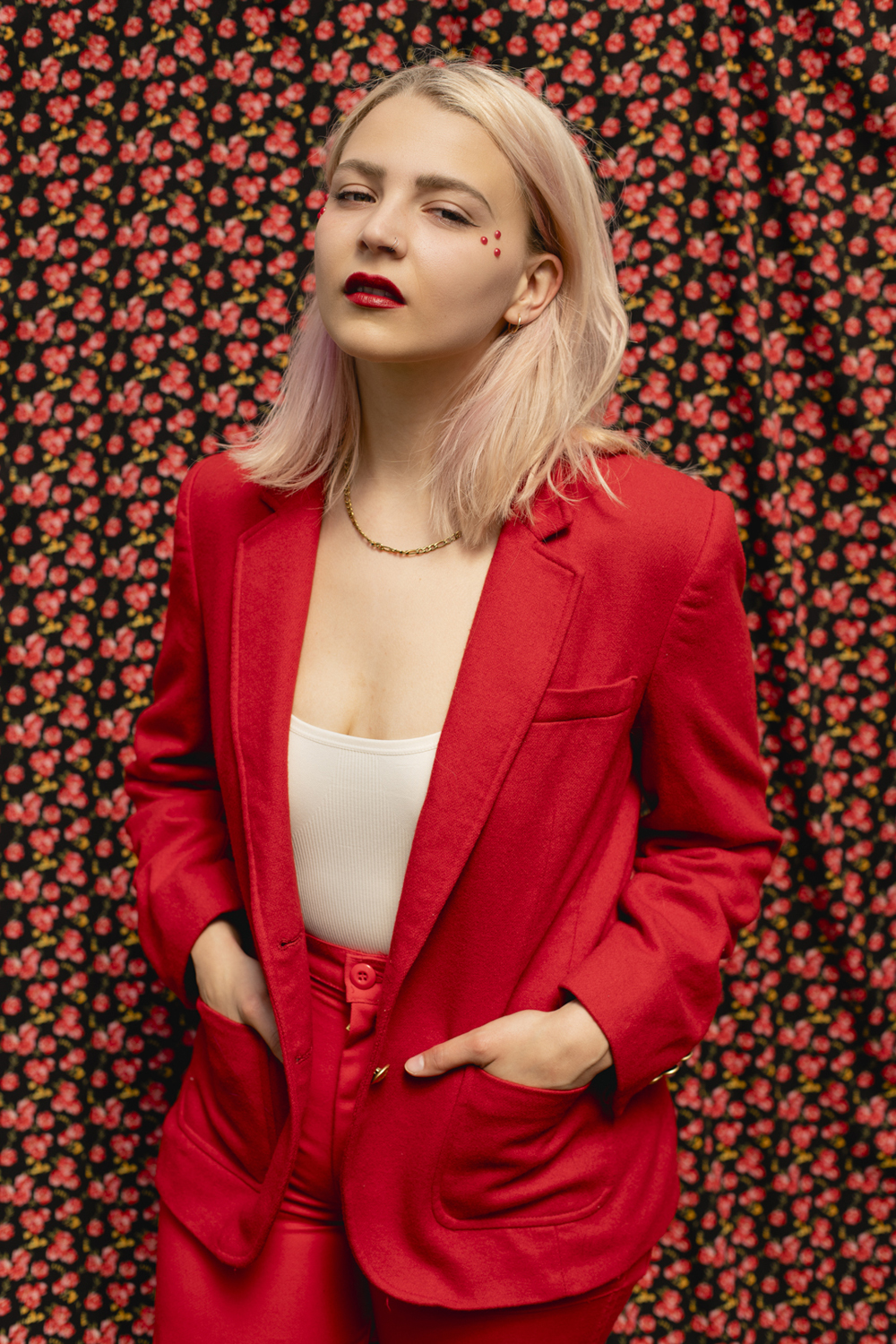
Despite her accent and everyone in the music industry having the same knee-jerk reaction to peg her as an Americana artist, Savannah Conley is very much an artist who is undeniably indescribable. The moment you think she’s leaning into one genre, she whiplashes you into another; her Southern drawl quickly is replaced with raspy, gritty vocals that remind you that she could easily sit with the likes of Phoebe Bridgers and Julien Baker. Then, just when you’re ready to define her music again and place it in what Conley describes as “a neat little package,” she swiftly makes you listen again, and again, until you have no choice but to accept the fact that Savannah Conley is an artist that has no genre — and she likes it that way.
Ahead of the release of her sophomore EP “Surprise, Surprise,” we caught up with the Nashville singer-songwriter and talked about leaning into your artistry, defying expectations and pressures, and why it’s hard for her to write while she’s still going through something.
It’s been 3 years since your debut EP, Twenty-Twenty. How would you say you’ve grown as an artist and human since that release and now with your upcoming EP “Surprise, Surprise”?
Between 21 and 24… that’s a big period, at least it was for me. At 21 you think you have it all figured out and you think you’re a real adult making adult decisions, and then something happens and you realize you have no idea what’s going on. That’s been an overarching theme of my life so far.
I can deeply relate to that.
Right? It’s an overarching theme of my life so far. As a human, these last few years have been formative for me; lots of really great things happened, lots of horrible things happened. I’ve done a lot of growing and I’ve just been changing over and over without even really realizing it. As an artist, I’d say how I’ve grown goes hand in hand with that; growing up and changing and reverting and changing again makes you grow as an artist. I don’t have it all figured out yet, but I feel like I’m coming to a time where I’m marrying the version of me that my family knows—the version of me that I grew up as—with the core version of who I’ve been becoming over the last few years.
With personal changes, I feel like your sound has grown with you as well. You’ve shifted a bit out of the country genre and ventured into a unique sound — I love that it’s really hard to pinpoint what genre you are, which is a really exciting thing for an artist. Has this been a natural progression and experience for you as you’ve been developing your craft?
That’s part of the marriage that’s been happening. As a kid, I never wanted to be in just one place or do just one thing. You know when you’re growing up and everyone says “Oh, she’s my friend I do that with or she’s my friend I do this with”? I never really could be that friend and I think that goes with my music as well. I have a tight-knit close musical family that I grew up in and they are the most important people in the world to me, but moving out of that sphere has allowed me to grow in ways I never would’ve explored otherwise. I needed to figure it out for myself, by myself. It’s something everyone does; it doesn’t mean you are any less close with your family or, in my case, it doesn’t make them any less proud of your work. My dad is in country music, my mom was in country music, it was just what we did.
It must’ve been difficult to navigate what you believed was expected of you.
It was, but I always knew that wasn’t what I wanted to do but my background and my damn accent put me in a place where I didn’t think I could decide for myself. For me, bringing in music that I love and that inspires me and weaving that through my work, instead of keeping it locked away, was a startling realization to have! I can make music like the music I listen to instead of the music people want me to make… Wow. [Laughs]
You’re a multifaceted human! You have different tastes and interests — that should reflect in your music. It must be a really exciting feeling to be in a place where you’re bridging those two parts of yourself.
It is exciting. Letting go of these expectations, even if my family never really put any pressure on me, has been fulfilling. I like not being just one thing; it’s liberating to not be able to pinpoint a specific genre or be a certain type of artist. I love that the industry is moving out of the very specific genre model where you can’t dance between multiple at one time.
It makes music so much more unique and you can pull influences from all over.
Yeah, exactly. For me, my dad worked in country music but I grew up in a time in Nashville where all the big indie rock bands were moving there. Jack White, Kings of Leon, and all these huge artists were coming to my town and as a 13-year-old, it was the best thing to ever happen to me. I’ve always been drawn to that genre more than country, but I just did what I thought was best for me. This Southern accent I’ve tried my damndest to get rid of played a part in that! [Laughs] Once you accept those things that make you who you are instead of running away from them, you can start building who you want to be and the art starts being reflective of that.
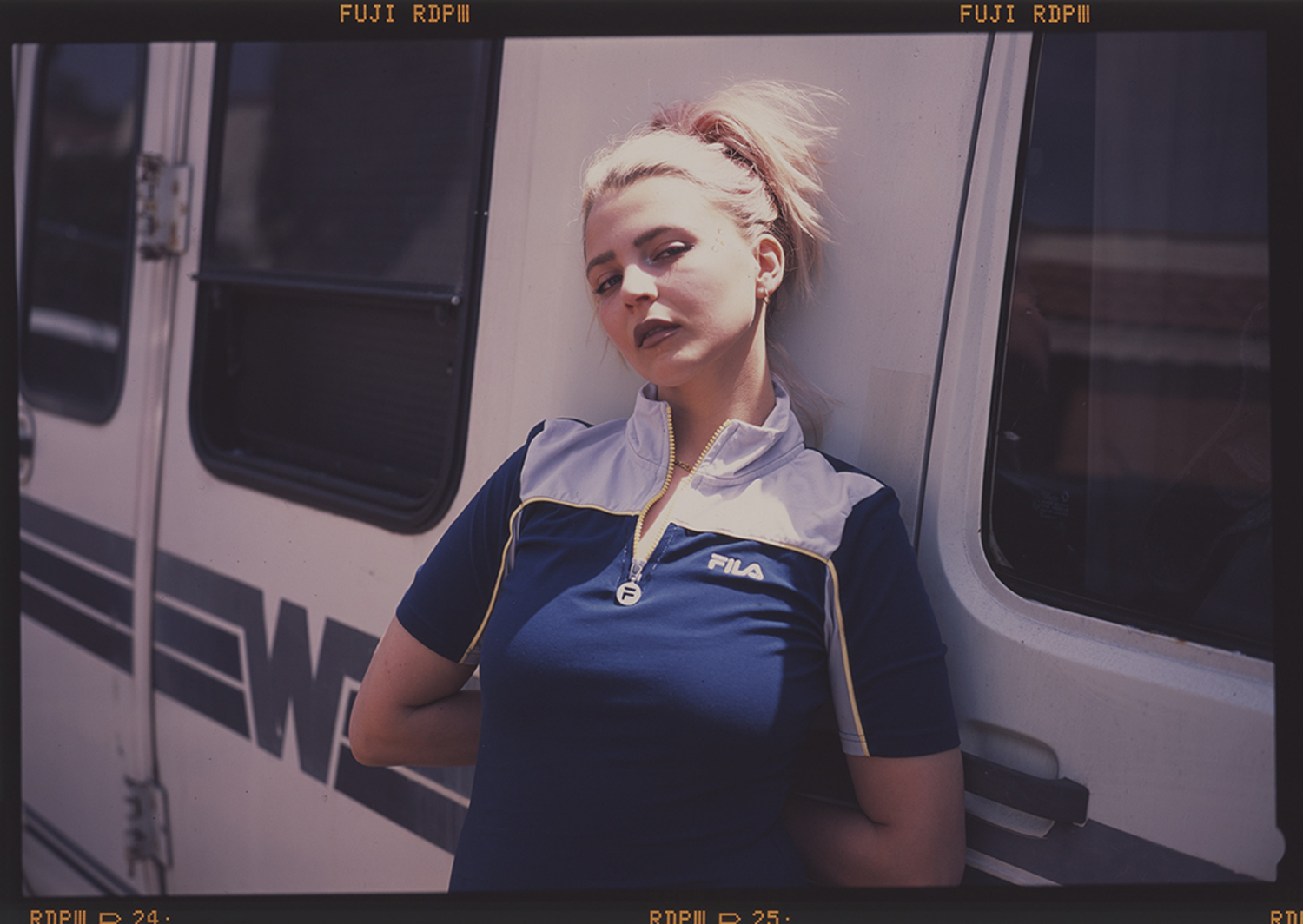
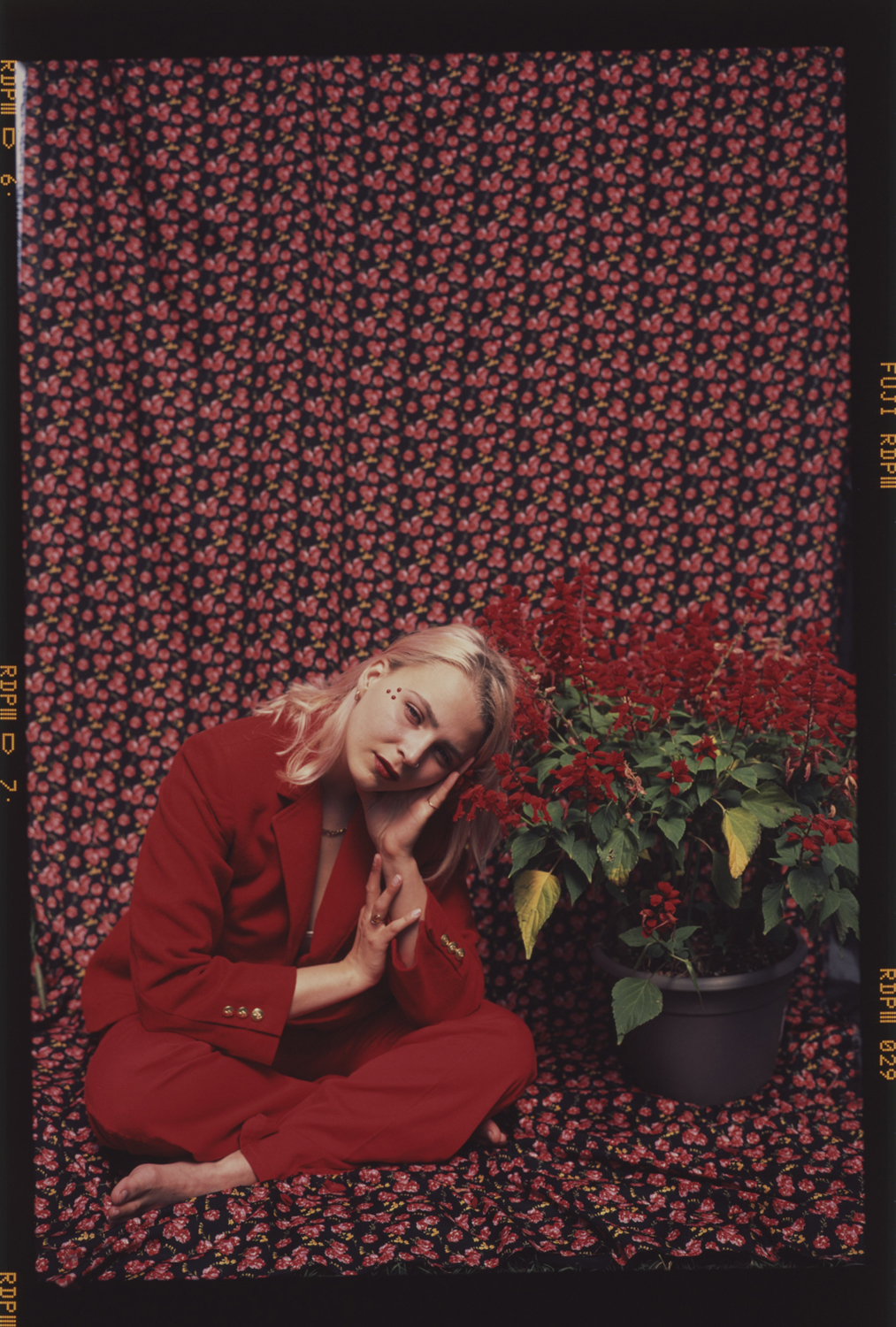
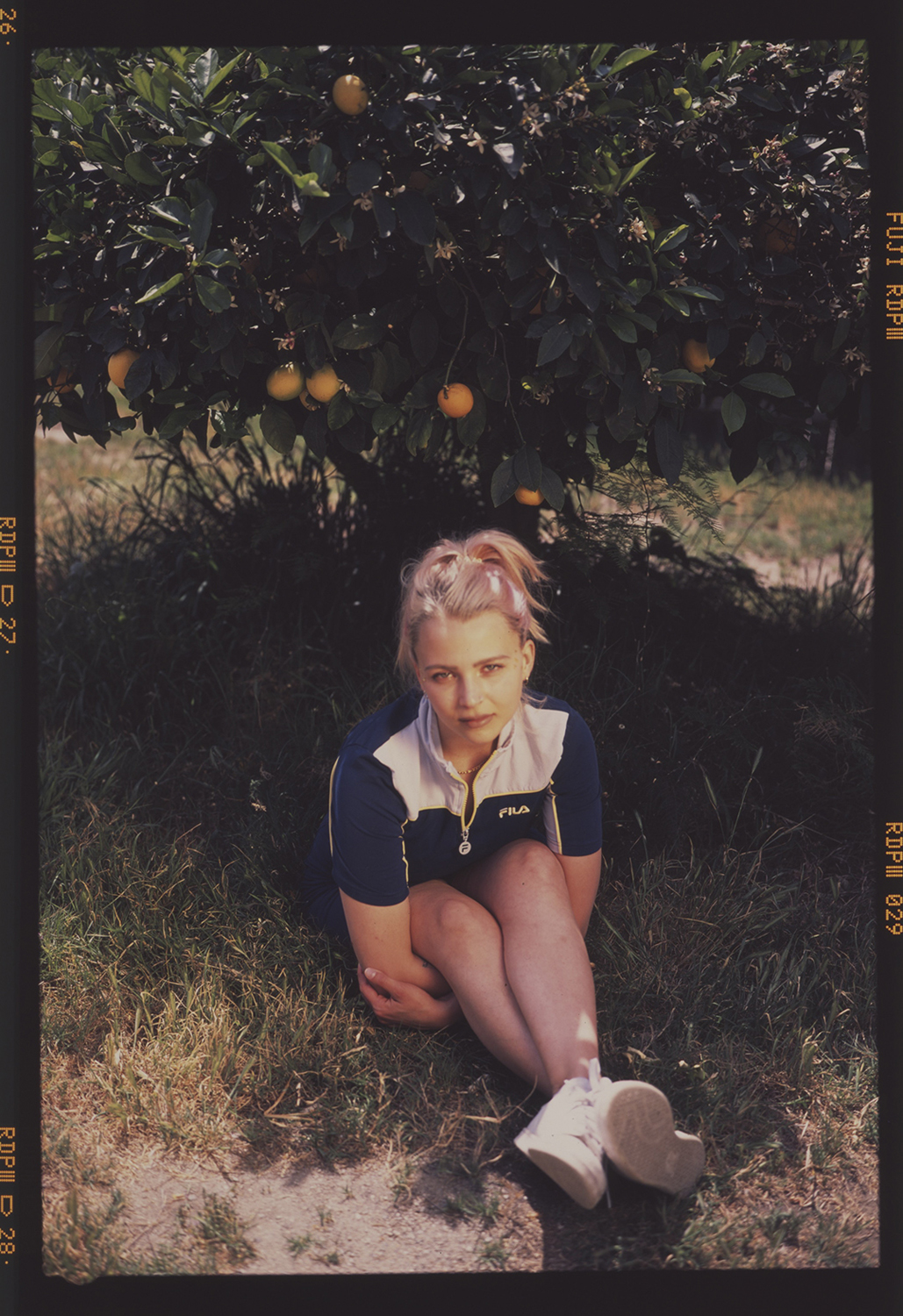
Your songwriting touches me because I am a lover of words and I love storytelling, and your songwriting is so deeply narrative-driven. As a narrative-driven writer, does songwriting tend to feel like a form of therapy for you?
Usually, when I’m writing, I’m on the tail-end of processing something. Songwriters can sit with their feelings when it’s happening and write, but I’m not emotionally stable enough to do that. I have to let myself move through it and, in a way, distract myself for ages until it feels too much and too necessary and I need to write. I wish I was a more structured writer sometimes, but it’s just how I work. I always need to process how I’m feeling about a situation and make sure what I’m writing is actually what I mean.
I love the EP’s title track so much — that [Chorus] cuts right to the bone. What was it about the song “Surprise Surprise” that made you want to name the EP after it?
That song was one time where I wrote it right after it happened, I didn’t even process it like I normally do. It’s the most visceral song on the EP — written in a time where I felt like the pain was going to stick with me forever. The title was a tongue-in-cheek move on my part. It’s the most important song to me on the EP, but calling it “Surprise, Surprise” when you haven’t released something in three years made me laugh. As if there was some long-awaited return for me! [Laughs]
“Not Where I’m Going” is a raw track and I read that the final vocals you used were the scratch vocals from when you recorded the piano, which I feel gives it this whole other layer of intimacy and authenticity to the story behind the song. Are those decisions, like using scratch vocals, something that just feels right at the moment?
I wrote it with Erin McCarley and Konrad Snyder who are my good friends and when we wrote it, we thought we were making a demo. We assumed we’d just record the demo and then re-record everything, but the more we listened to it… the more I felt we couldn’t replicate it again. It was all accidental in the best way. We couldn’t capture that moment again, so I called Konrad and asked if we could try seeing what we could do with the demo and he replied with the complete song that is on the EP now. It was the first take of the song and that’s how it exists now forever.
Deciding to not make it this big recorded production because you knew it wasn’t going to sound as raw and authentic shows your artistry.
I can pick apart every single thing I do; I want to re-do it over and over and over if I could. Dave Cobb, my producer on my debut EP, played a trick on me where he played recorded vocals that I said I hated. Then, he made me record them again and he played them three times and asked me to tell him which ones I liked best. It was the same vocal he first played me. That was an eye-opening moment for me, for sure.
Lastly, after someone is done listening to this EP, what do you hope they take away from it?
Taking myself out of the equation is important to me because these songs will mean something different to someone else, which I think is a really beautiful thing. Growing up it was important to me that the music I was listening to validated me to an extent; I wanted to feel like my problems and feelings were valid. A lot of these songs are about relationship issues that I had. I was embarrassed that they held so much sway over my life because they seemed so insignificant at the time, but those are valid problems and you deserve the space to work through them. The tongue-in-cheek aspect of these songs will, hopefully, show that these problems happen all of the time — they are timeless issues that people experience. Recognize that it’s okay to be sad and to grieve over a break-up, but know that it’s going to be okay. As long as you’re able to laugh at yourself for putting so much weight into some stupid person that broke your heart, that’s enough.
These are things everyone can relate to at any age.
I hope so. I hope it carries through cross-generationally. I hope it resonates with anyone who has experienced any of these things and they can laugh at themselves, cry, laugh some more, and feel less alone.
Crying over somebody stupid? That’s me!
Exactly! Everyone is always crying over someone stupid and you feel stupid for crying about it. I’ve only been in love once in my life so most of these songs are not about the only great love of my life, but they are about important moments in my life where I was feeling and experiencing a lot. Giving yourself the space to explore those feelings is important. I hope when you’re feeling dumb, you remember I felt dumb and sat and wrote a fucking song about it.
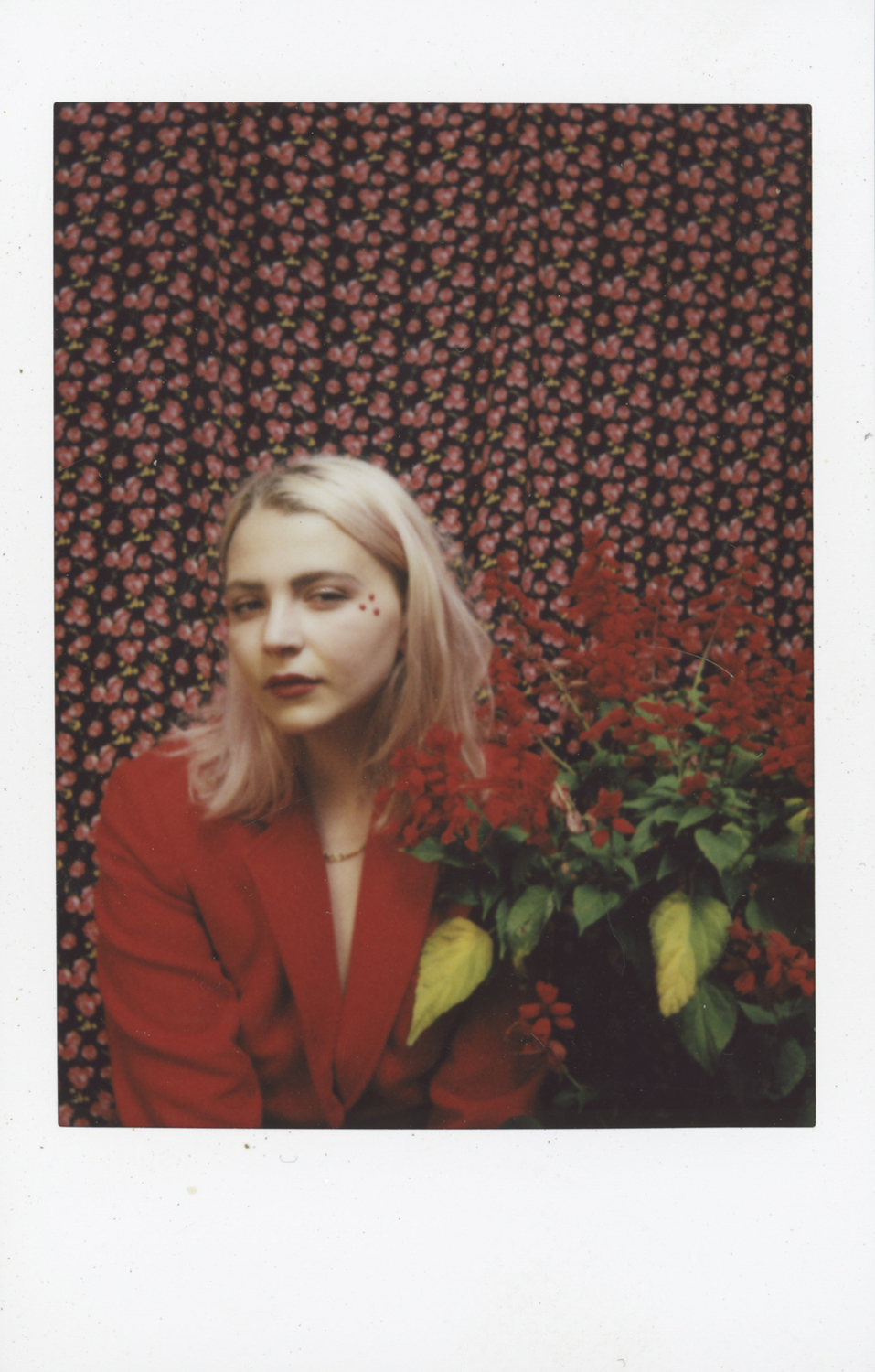
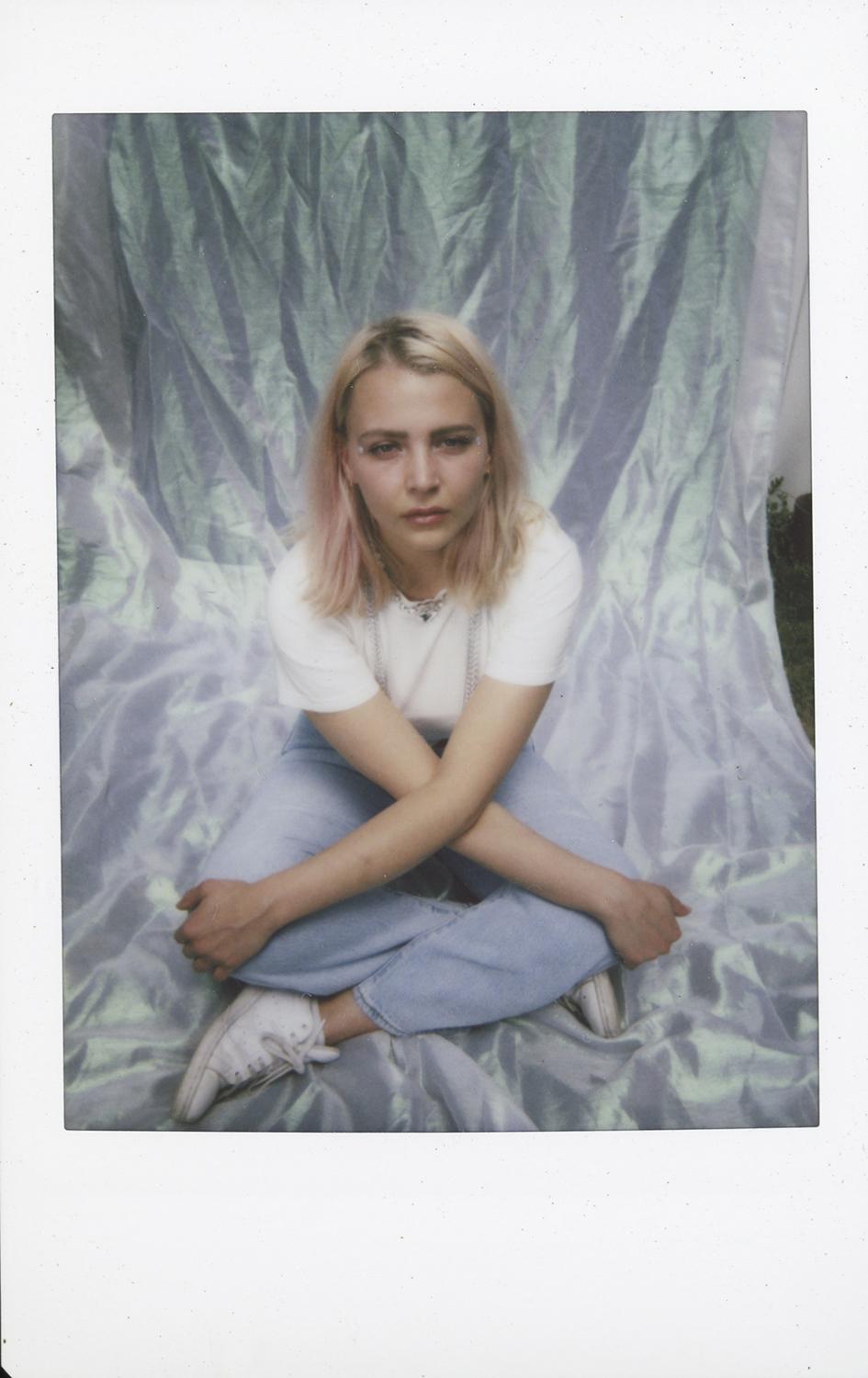
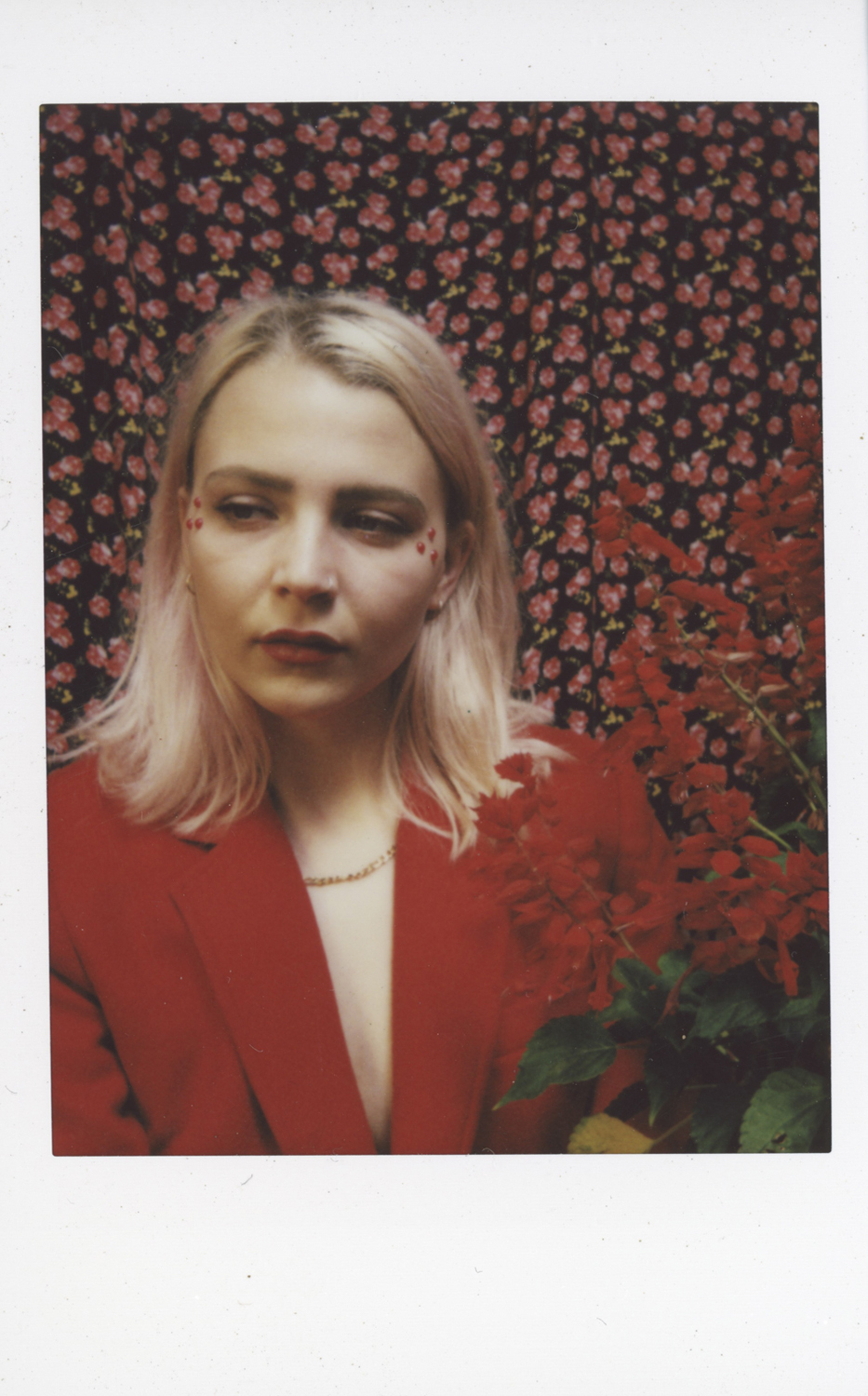
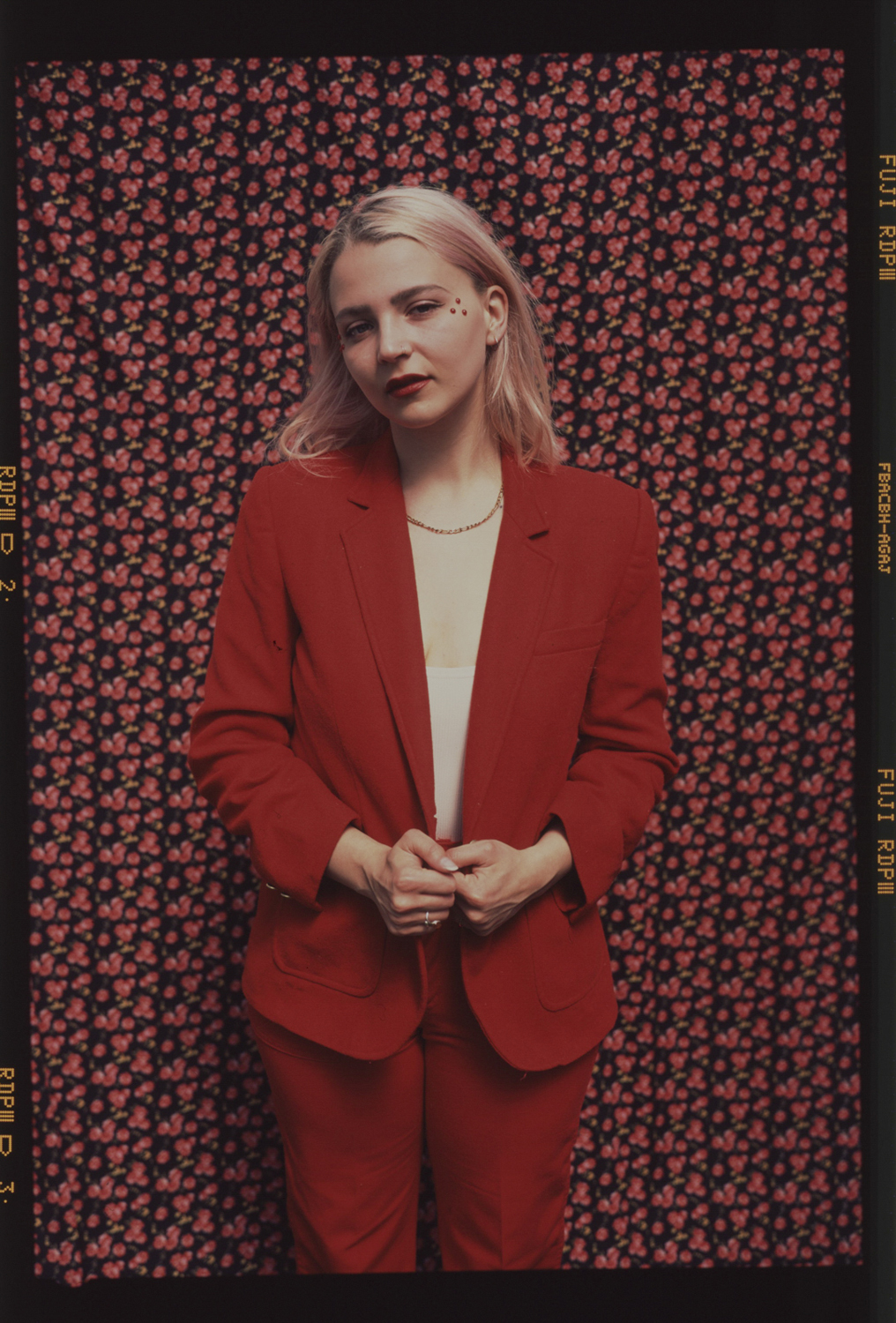
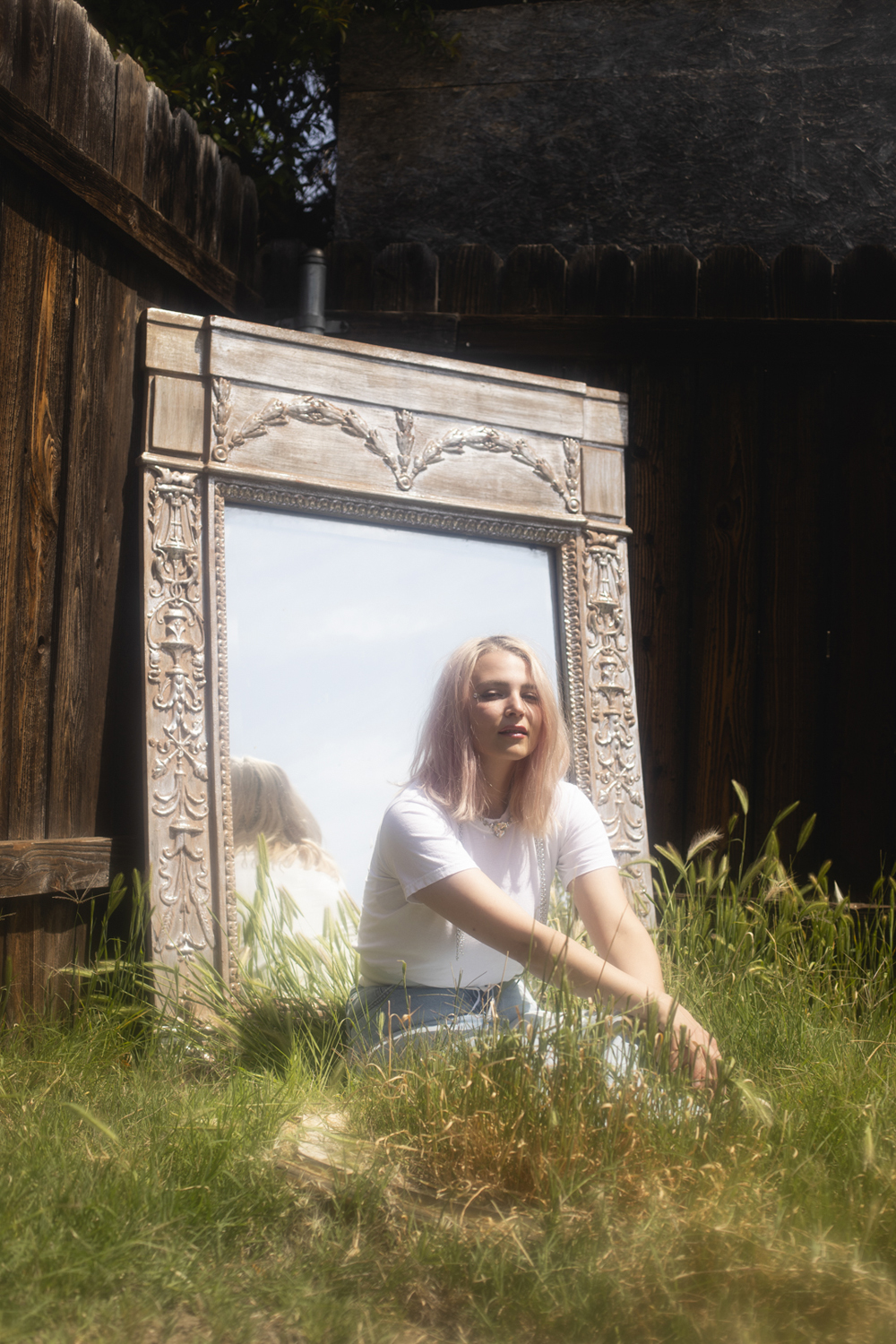
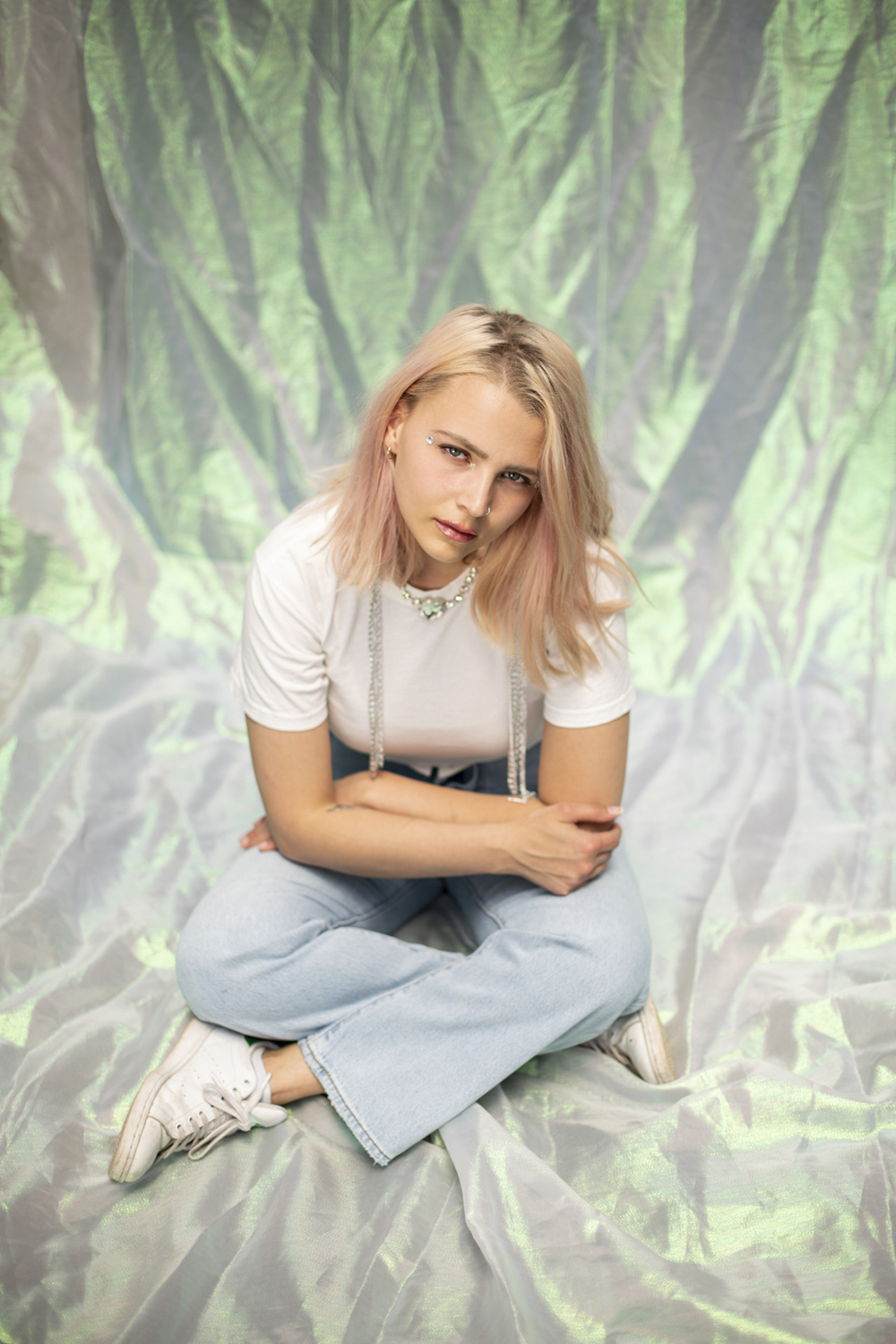
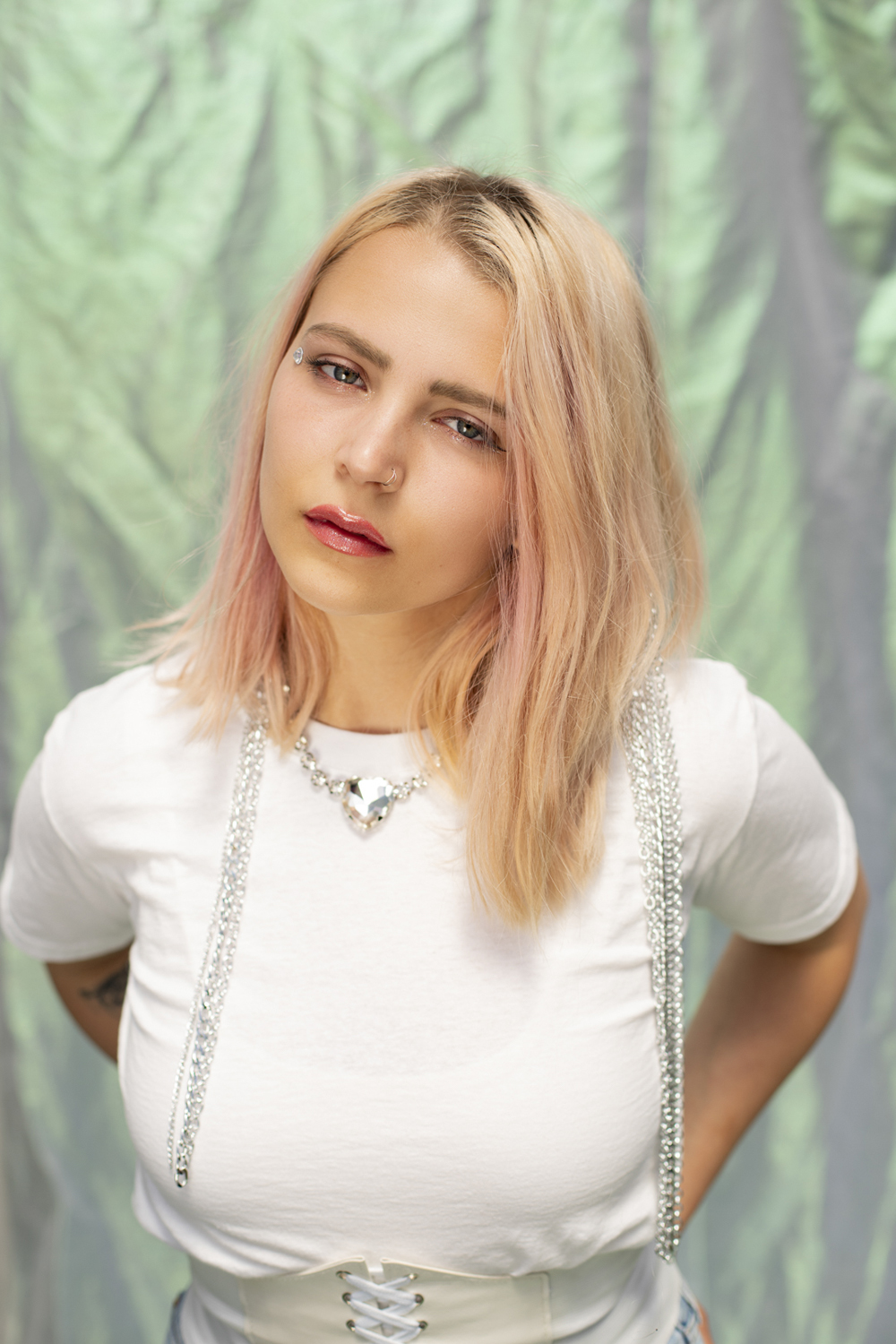
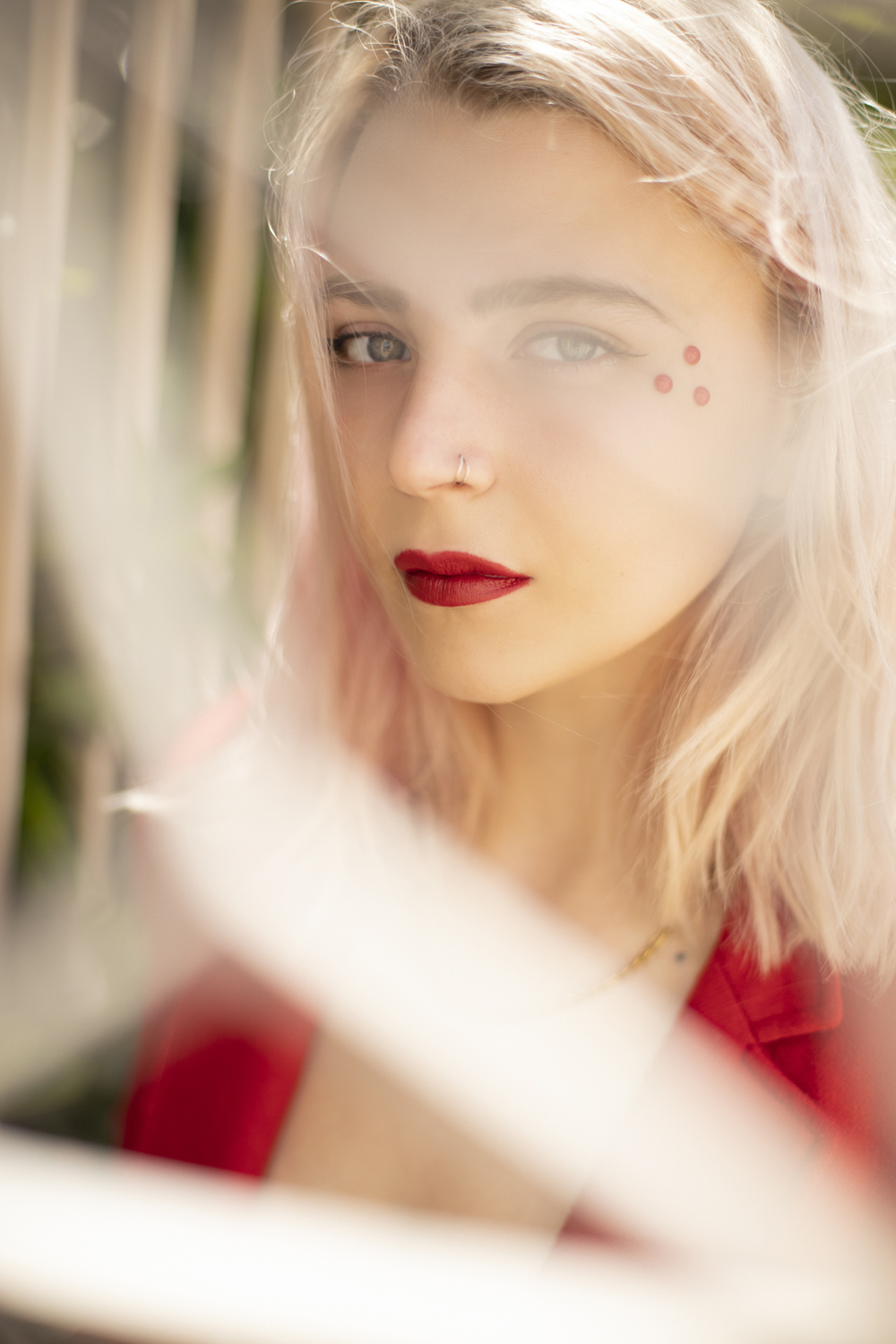
CONNECT WITH SAVANNAH:
INSTAGRAM // LISTEN // WATCH //BOOKINGS
